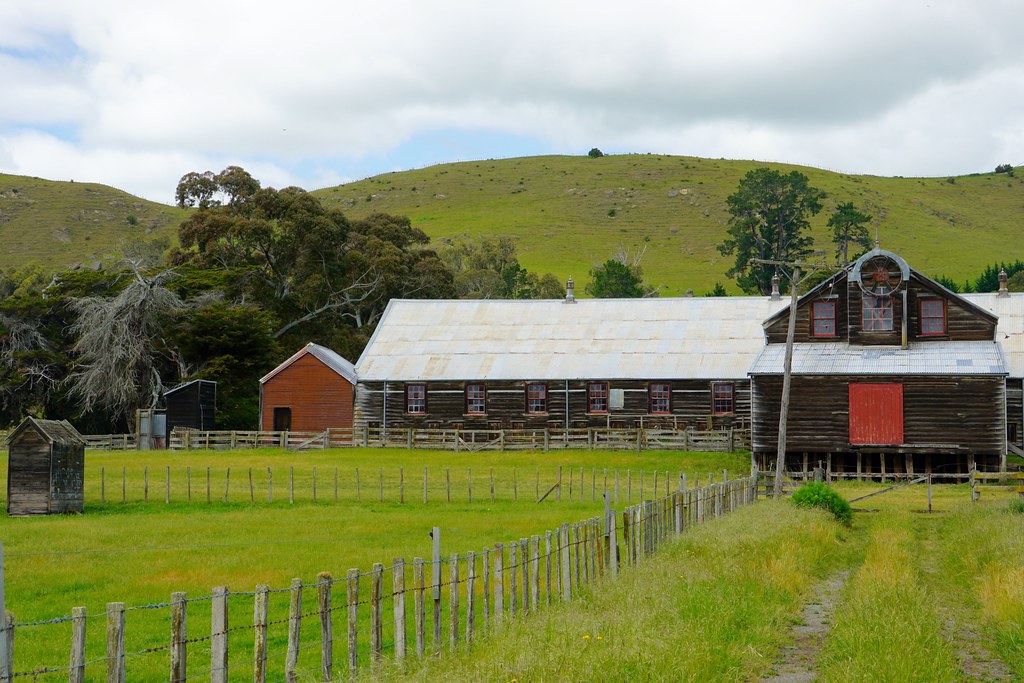News release
From:
A new paper from Motu Research (by Farnaz Pourzand, Kendon Bell) documents how differences in climate affects agricultural land values in Aotearoa New Zealand, and finds a warmer or drier climate is associated with higher farmland values in New Zealand.
This paper examines how differences in climate across space influence the value of New Zealand agricultural land.
We find a warmer or drier climate is associated with higher farmland values in New Zealand.
We use the Ricardian approach to price the climate, using property valuation data from 1993 to 2018. We apply the ‘spatial first differences’ method, which compares differences in climate between neighbours with differences in land values between neighbours.
This method allows us to estimate the impact of long-term climate conditions on farmland values across different land-uses, while controlling for sources of bias associated with unobserved heterogeneity.
As the spatial first differences method accounts for unobserved heterogeneity associated with variables not related to climate, these associations likely represent causal effects on land values of variables tied to climate. While agricultural productivity is one pathway by which climate affects land values, our results may also be due to variation in the value of land improvements tied to climate or amenity values associated with the option value to convert to a residential use.



 New Zealand
New Zealand



